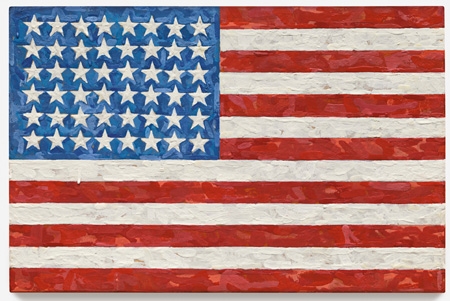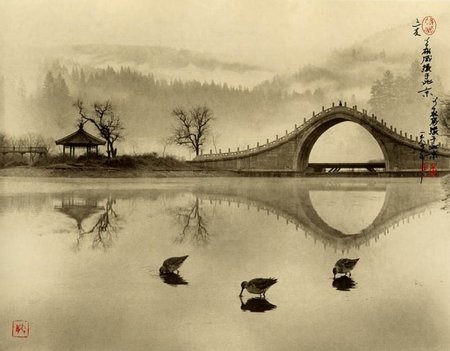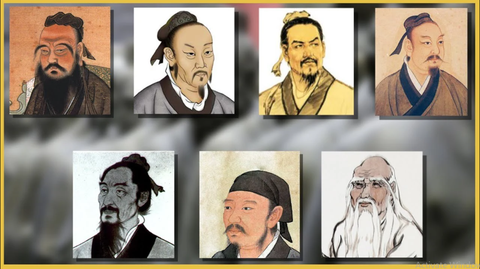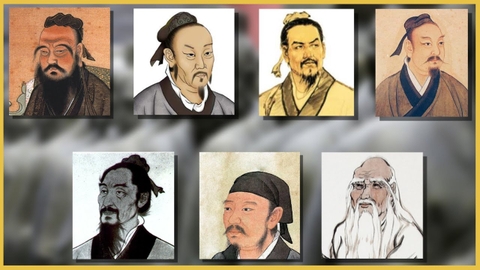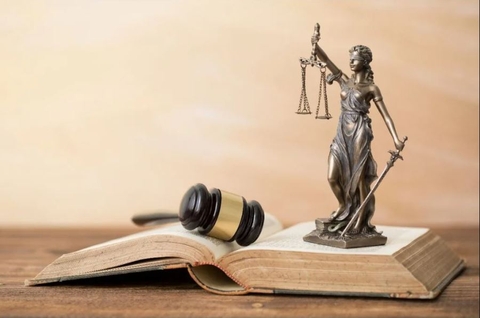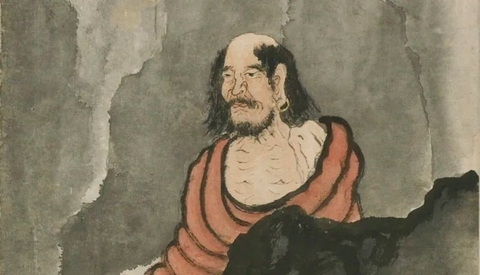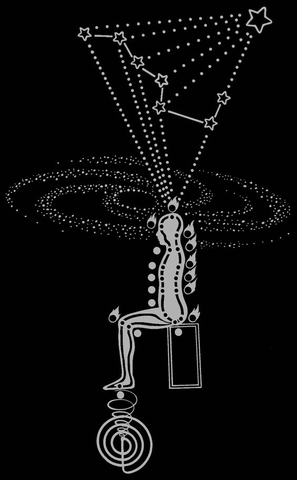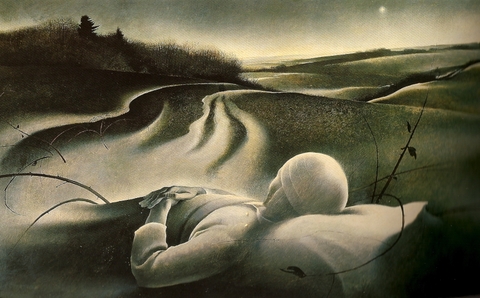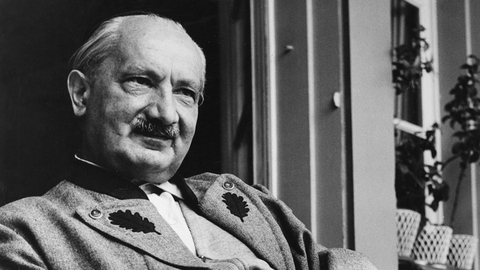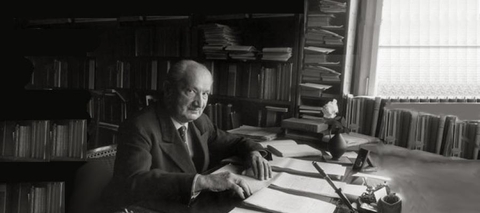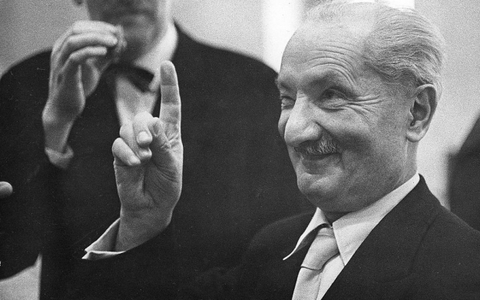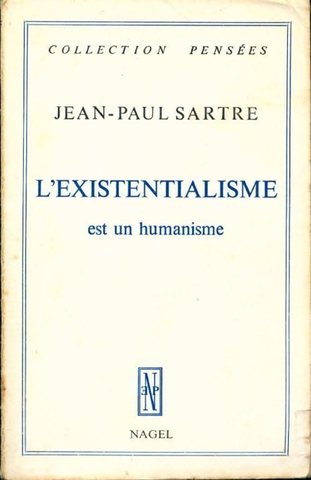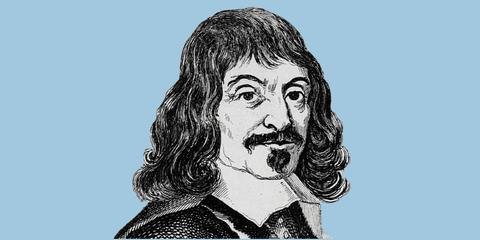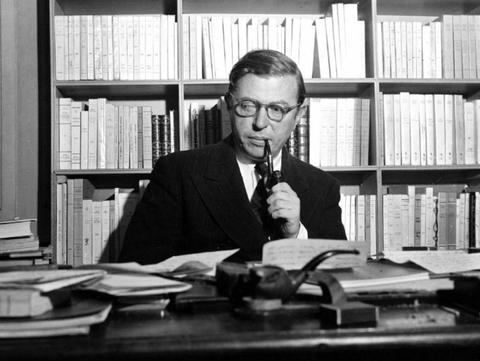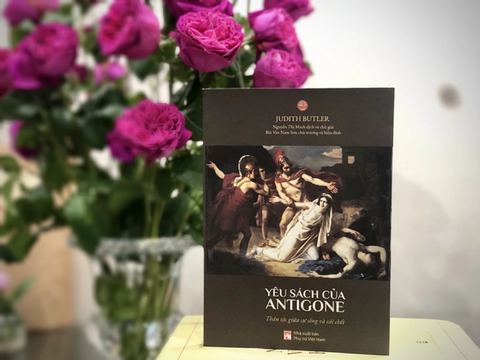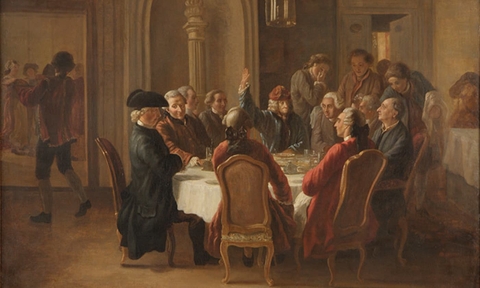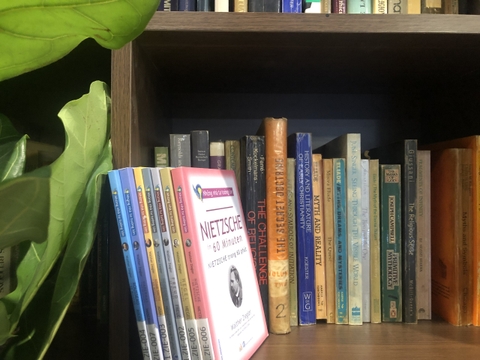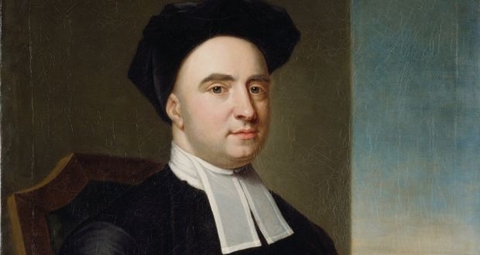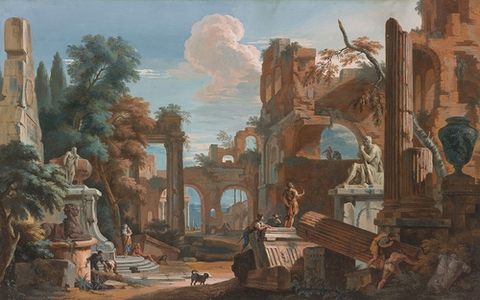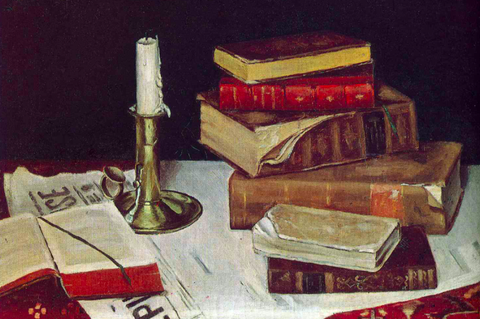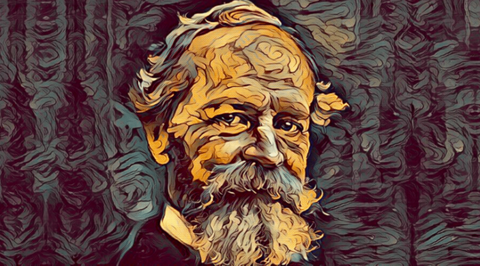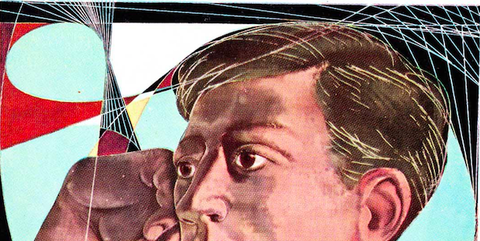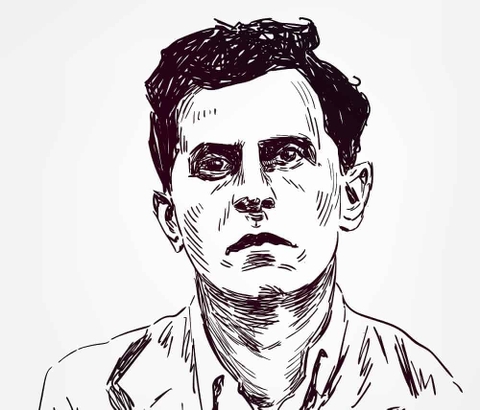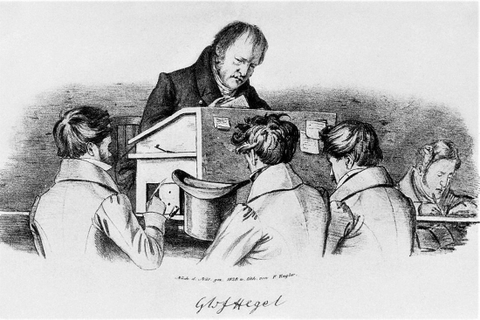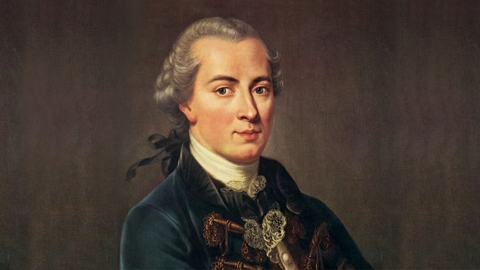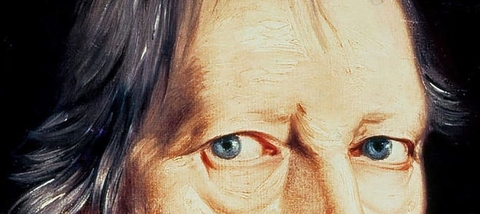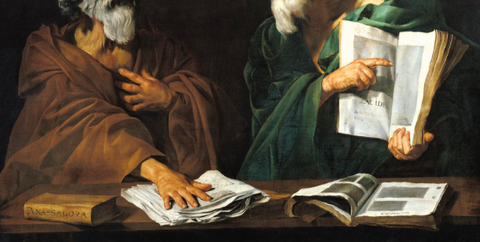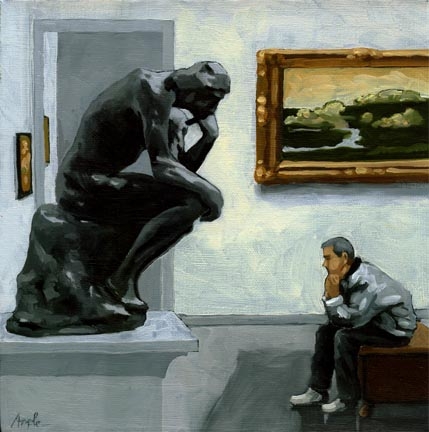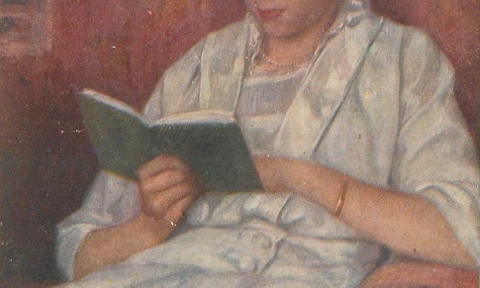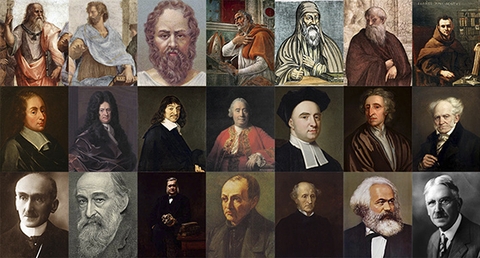THE HISTORY OF CONTINENTAL PHILOSOPHY (ALAN D. SCHRIFT)
30/
09/
2021
From Kant to Kierkegaard, from Hegel to Heidegger, continental philosophers have indelibly shaped the trajectory of Western thought since the eighteenth century. Although much has been written about these monumental thinkers, students and scholars lack a definitive guide to the entire scope of the continental tradition. The most comprehensive reference work to date, this eight-volume History of Continental Philosophy will both encapsulate the subject and reorient our understanding of it. Beginning with an overview of Kant’s philosophy and its initial reception, the History traces the evolution of continental philosophy through major figures as well as movements such as existentialism, phenomenology, hermeneutics, and poststructuralism. The final volume outlines the current state of the field, bringing the work of both historical and modern thinkers to bear on such contemporary topics as feminism, globalization, and the environment. Throughout, the volumes examine important philosophical figures and developments in their historical, political, and cultural contexts.
The first reference of its kind, A History of Continental Philosophy has been written and edited by internationally recognized experts with a commitment to explaining complex thinkers, texts, and movements in rigorous yet jargon-free essays suitable for both undergraduates and seasoned specialists. These volumes also elucidate ongoing debates about the nature of continental and analytic philosophy, surveying the distinctive, sometimes overlapping characteristics and approaches of each tradition. Featuring helpful overviews of major topics and plotting road maps to their underlying contexts, A History of Continental Philosophy is destined to be the resource of first and last resort for students and scholars alike.
Table of contents
Volume 1: Kant, Kantianism, and idealism: the origins of continental philosophy (edited by Thomas Nenon)
Introduction, Thomas Nenon
Immanuel Kant’s turn to transcendental philosophy, Thomas Nenon
Kant’s early critics: Jacobi, Reinhold, Maimon, Richard Fincham
Johann Gottfried Herder, Sonia Sikka
Play and irony: Schiller and Schlegel on the liberating prospects of aesthetics, Daniel Dahlstrom
Fichte and Husserl: life-world, the other, and philosophical reflection, Robert R. Williams
Schelling: philosopher of tragic dissonance, Joseph P. Lawrence
Schopenhauer on empirical and aesthetic perception and cognition, Bart Vandenabeele
G.W.F. Hegel, Terry Pinkard
From Hegelian reason to the Marxian revolution, 1831-48, Lawrence S. Stepelevich
Saint-Simon, Fourier, and Proudhon: “utopian,” French socialism, Diane Morgan
Volume 2: Nineteenth-century philosophy: revolutionary responses to the existing order (edited by Alan D. Schrift and Daniel Conway)
Introduction, Daniel Conway
Feuerbach and the left and right Hegelians, William Clare Roberts
Marx and Marxism, Terrell Carver
Søren Kierkegaard, Alastair Hannay
Dostoevsky and Russian philosophy, Evgenia Cherkasova
Life after the death of god: Thus Spoke Nietzsche, Daniel Conway
Hermeneutics: Schleiermacher and Dilthey, Eric Sean Nelson
French spiritualish philosophy, F.C.T. Moore
The emergence of sociology and its theories: from Comte to Weber, Alan Sica
Developments in philosophy of science and mathematics, Dale Jacquette
Peirce: pragmatism and nature after Hegel, Douglas R. Anderson
Aesthetics and the philosophy of art, 1840-1900, Gary Shapiro
Volume 3: The new century: Bergsonism, phenomenology and responses to modern science (edited by Keith Ansell-Pearson and Alan D. Schrift)
Introduction, Keith Ansell-Pearson
Henri Bergson, John Mullarkey
Neo-Kantianism in Germany and France, Sebastian Luft and Fabien Capeillères
The emergence of French sociology: Émile Durkheim and Marcel Mauss, Mike Gane
Analytic and continental traditions: Frege, Fusserl, Carnap, and Heidegger, Michael Friedman and Thomas Ryckman
Edmund Husserl, Thomas Nenon
Max Scheler, Dan Zahavi
The early Heidegger, Miguel de Beistegui
Karl Jaspers, Leonard H. Ehrlich
Phenomenology at home and abroad, Diane Perpich
Early continental philosophy of science, Babette Babich
Ludwig Wittgenstein, John Fennell and Bob Plant
Freud and continental philosophy, Adrian Johnston
Responses to evolution: Spencer’s evolutionism, Bergsonism, and contemporary biology, Keith Ansell-Pearson, Paul-Antoine Miquel and Michael Vaughan
Volume 4: Phenomenology: responses and developments (edited by Leonard Lawlor)
Introduction, Leonard Lawlor
Dialectic, difference and the other: the Hegelianizing of French phenomenology, John Russon
Existentialism, S. K. Keltner and Samuel J. Julian
Sartre and phenomenology, William l. McBride
Continental aesthetics: phenomenology and antiphenomenology, Galen A. Johnson
Merleau-Ponty at the limits of phenomenology, Mauro Carbone
The hermeneutic transformation of phenomenology, Daniel L. Tate
The later Heidegger, Dennis Schmidt
Existential theology, Andreas Grossmann
Religion and ethics, Felix Ó Murchadha
The philosophy of the concept, Pierre Cassou-Noguès
Analytic philosophy and continental philosophy: four confrontations, Dermot Moran
Volume 5: Critical theory to structuralism: philosophy, politics and the human sciences (edited by David Ingram)
Introduction, David Ingram
Carl Schmitt and early Western Marxism, Christopher Thornhill
The origins and development of the model of early critical theory in the work of Max Horkheimer, Erich Fromm, and Herbert Marcuse, John Abromeit
Theodor Adorno, Deborah Cook
Walter Benjamin, James McFarland
Hannah Arendt: rethinking the political, Peg Pirmingham
Georges Bataille, Peter Tracey Connor
French Marxism in its heyday, William McBride
Black existentialism, Lewis R. Gordon
Ferdinand de Saussure and linguistic structuralism, Thomas F. Broden
Claude Lévi-Strauss, Brian C. J. Singer
Jacques Lacan, Ed Pluth
Late pragmatism, logical positivism, and their aftermath, David Ingram
Volume 6: Poststructuralism and critical theory’s second generation (edited by Alan D. Schrift)
Introduction, Alan D. Schrift
French Nietzscheanism, Alan D. Schrift
Louis Althusser, Warren Montag
Michel Foucault, Timothy O’Leary
Gilles Deleuze, Daniel W. Smith
Jacques Derrida, Samir Haddad
Jean-François Lyotard, James Williams
Pierre Vourdieu and the practice of philosophy, Derek Robbins
Michel Serres, David F. Bell
Jürgen Habermas, Christopher F. Zurn
Second generation critical theory, James Swindal
Gadamer, Ricoeur, and the legacy of phenomenology, Wayne J. Froman
The linguistic turn in continental philosophy, Claire Colebrook
Psychoanalysis and desire, Rosi Braidotti and Alan D. Schrift
Luce Irigaray, Mary Beth Mader
Cixous, Kristeva, and Le Dœuff: three “French feminists,” Sara Heinämaa
Deconstruction and the Yale school of literary theory, Jeffrey T. Nealon
Rorty among the continentals, David R. Hiley
Volume 7: After poststructuralism: transitions and transformations (edited by Rosi Braidotti)
Introduction, Rosi Braidotti
Postmodernism, Simon Malpas
German philosophy after 1980: themes out of school, Dieter Thomä
The structuralist legacy, Patrice Maniglier
Italian philosophy between 1980 and 1995, Silvia Benso and Brian Schroeder
Continental philosophy in the Czech Republic, Josef Fulka, Jr.
Third generation critical theory: Benhabib, Fraser, and Honneth, Amy Allen
French and Italian Spinozism, Simon Duffy
Radical democracy, Lasse Thomassen
Cultural and postcolonial studies, Iain Chambers
The “ethical turn” in continental philosophy in the 1980s, Robert Eaglestone
Feminist philosophy: coming of age, Rosi Braidotti
Continental philosophy of religion, Bruce Ellis Benson
The performative turn and the emergence of post-analytic philosophy, José Medina
Out of bounds: philosophy in an age of transition, Judith Butler and Rosi Braidotti
Volume 8: Emerging trends in continental philosophy (edited by Todd May)
Introduction, Todd May
Rethinking gender: Judith Butler and Feminist philosophy, Gayle Salamon
Recent developments in aesthetics: Badiou, Rancière, and their interlocutors, Gabriel Rockhill
Rethinking Marxism, Emily Zakin
Thinking the event: Alain Badiou’s philosophy and the task of critical theory, Bruno Bosteels
Rethinking Anglo-American philosophy: the Neo-Kantianism of Davidson, McDowell, and Brandom, John Fennell
Rethinking science as science studies: Latour, Stengers, Prigogine, Dorothea Olkowski
European citizenship: a postnationalist perspective, Rosi Braidotti
Postcolonialism, postorientalism, postoccidentalism: the past that never went away and the future that never arrived, Eduardo Mendieta
Continental philosophy and the environment, Jonathan Maskit
Rethinking the new world order: responses to globalization/American hegemony, Todd May
Source: https://press.uchicago.edu/ucp/books/book/chicago/H/bo10462669.html






